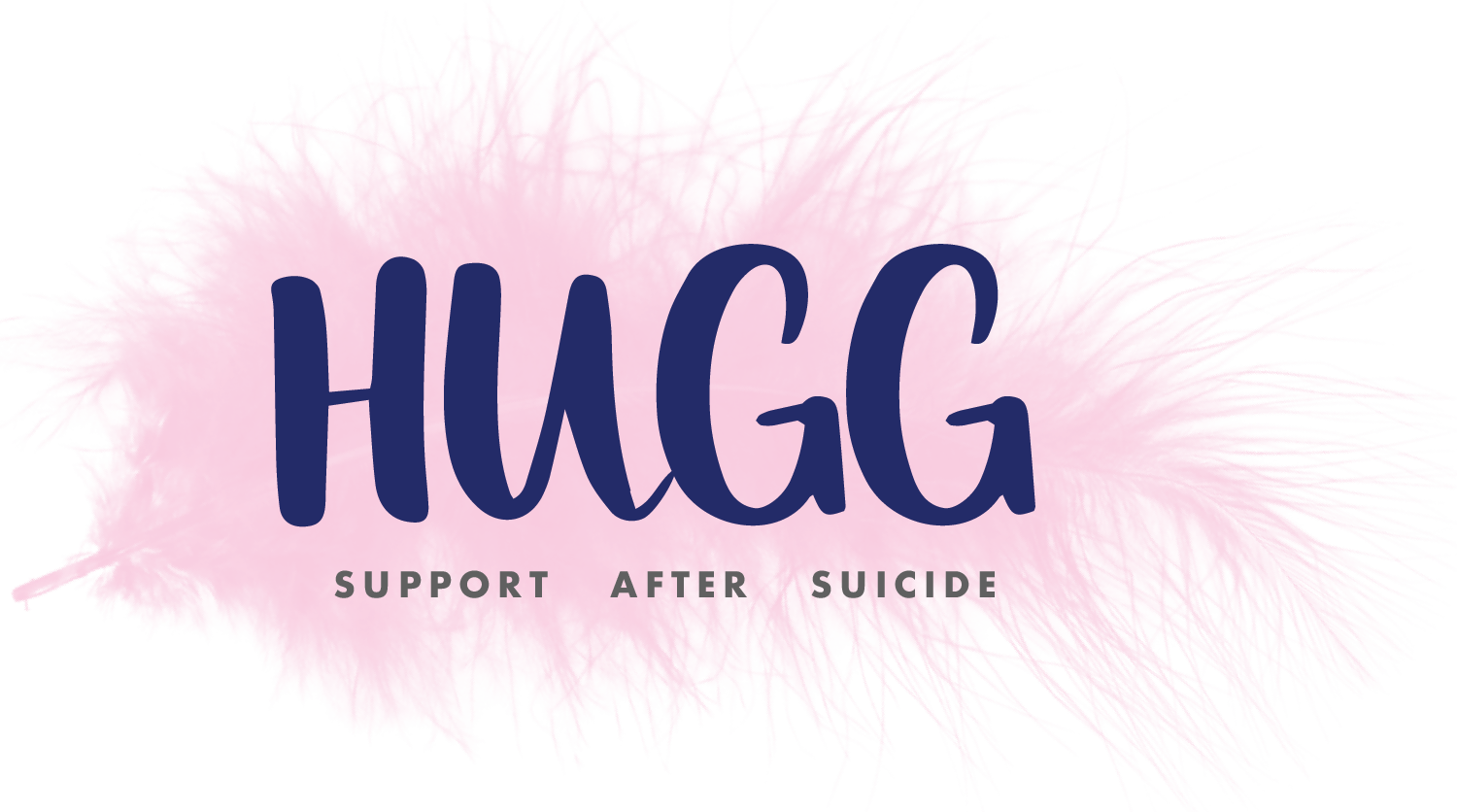
The majority of Coroners work as solicitors, barristers or doctors and carry out their Coroner function in addition to these roles. Ireland has 34 Coroners covering 37 districts.
Following a suspected suicide, the death is referred to the local Coroner for investigation for an inquest. The purpose of the inquest is:
• To establish the facts surrounding the death.
• To place those facts on the public record.
• To make findings on: (a) the identification of the deceased (b) the date and place of death, and (c) the cause of death.
Notice of an Inquest
The next-of-kin will be informed of the date and place of the inquest. Before an inquest can be held, the final report from the pathologist (including any specialized tests) must be received by the Coroner. In addition, the inquest file which includes all of the draft depositions of potential witnesses and other information must be complete. Adequate notification must then be given to the family, witnesses and all who have a proper interest in the inquest. It is therefore usually a minimum of five months from the date of death before an inquest is held. In Dublin, it can be up to 18 months before an inquest is held.
The Coroner will decide on the witnesses to be called, however if next-of-kin have information which may be helpful at the inquest, they should communicate this to the Coroner (or Gardaí) as soon as possible. The Coroner will usually also give an opportunity to anyone who wants to withdraw during the evidence of the post mortem examination to do so and to return later.
Usually the Garda who liaised with you following your loved one’s death will explain the process before the inquest begins. They can also liaise with the Coroner on your behalf. Witnesses will be called in logical sequence and give evidence under oath.
Can funeral arrangements be made before an inquest is held?
Once the post-mortem examination of the body has been completed, funeral arrangements can be made. Certain documents will be issued by the Coroner where a body is to be cremated or removed out of the country.
When is a jury necessary at an Inquest?
A jury is required in the following circumstances:
• If the death occurred in prison.
• If the death incurred in circumstances the continuance or possible recurrence of which would be prejudicial to the health or safety of the public or any section of the public.
• Where the Coroner considers it desirable to empanel a jury.
Where an inquest is held with a jury, it is the members of the jury (not the Coroner) who return the findings and verdict. Essentially, the Coroner has final say and decides if a jury is required.
Who gives evidence at an inquest?
The Coroner will decide which witnesses should attend and in what order they will be required to give evidence. The evidence will be presented in a manner so as to provide a logical sequence in relation to the circumstances surrounding the death. The autopsy report will establish the medical cause of death. Some family members may prefer not to hear details of the post-mortem examination. The Coroner will indicate when the autopsy report is to be taken so that such persons may withdraw and return later during the inquest.
Who can ask questions at an inquest?
Anyone who has a proper interest in the inquest (a properly interested person) may personally examine a witness or may be legally represented by a solicitor or barrister. This includes:
• The family and next-of-kin of the deceased as defined in the law.
• Representatives of a board or authority in whose care the deceased was at the time of death e.g. hospital, prison or other institution.
• Representatives of insurance companies.
• An inspector of the Health and Safety Authority.
• Others at the discretion of the Coroner.
Properly interested persons at an inquest are entitled to be legally represented. However, you do not need to be legally represented. If you do wish to instruct a solicitor, you may be able to avail of Civil Legal Aid and further information should be obtained from the Legal Aid Board. This may be considered if a private prosecution is being sought.
Verdicts
Verdicts Under Irish law, the standard of proof required to return a verdict of suicide is ‘beyond reasonable doubt’. In the UK, the standard of proof was lowered in 2018.
What is a narrative verdict?
At the end of an inquest, the Coroner (or a jury) returns a verdict. Sometimes a short-form verdict (for example, “accident” or “misadventure”) does not fully reflect the evidence heard. In these cases, the Coroner or jury may return a narrative verdict (sometimes referred to as a “narrative conclusion”), which is a brief, factual statement describing the circumstances of the death in neutral terms. A narrative verdict does not determine criminal or civil liability.
What does a narrative verdict mean?
A narrative verdict means the outcome of the inquest is recorded as a written summary of the key facts and circumstances, rather than only a short-form verdict. It is important to understand how suicides are registered in Ireland: a narrative verdict will not necessarily be recorded as a suicide.
Coroners, and or the jury, at inquest may make recommendations intended to prevent further deaths or threats to public health and safety under section 31. However, recommendations cannot refer to any liability either criminal or civil. If you would like the Coroner to consider a recommendation, put it in writing and give to the Coroner in advance. However, there is no guarantee that recommendations made at the inquest will be adopted.
In Ireland the lengthy inquest process can mean there are delays in registration which means that some deaths may not appear in official statistics for over a year. This means it takes longer for us to understand how many people, and which groups of people, are dying by suicide, and can prevent us from being able to respond to increases in suicide rates quickly.
Once registered, information is collated by the Central Statistics Office (CSO).
Can I get a copy of an inquest report?
Yes. Depositions taken at inquest including a copy of the verdict are available from the Coroner’s office on payment of the statutory fee, once the inquest has concluded. It should be noted that the inquest documents, other than a copy of the post mortem examination report, are not generally available prior to the inquest being held, although applications may be made to the Coroner for copies of medical files and reports. There are no audio recordings of the Coroner Court’s proceedings. Families would have to privately pay for a stenographer to be present if they wanted an audio recording and this would have to be approved by the Coroner in advance.
Will the Inquest be reported in the newspaper?
Maybe. As all inquests are matters of public record, reporters may be present. The Coroner is aware of the tragic circumstances and will endeavour to treat each one sympathetically. The existence of suicide notes will be acknowledged but the contents will not be read out, except at the specific request of the next of-kin and then only at the discretion of the Coroner. You can get more advice here www.pressombudsman.ie.
Other advice
You may want to prepare a printed statement, which you can bring to the court and have ready if there are journalists attending. Also, you might want to bring a photo of your loved one with you into the court room. You may also have some recommendations that you would like the Coroner to consider ahead of the inquest. Again, this should be submitted to the Coroner’s Court in advance.
You can contact your local Coroner directly with any questions in advance.
Further information on the role of the coroner can be found at Gov.ie – Coroner Service or on specific Coroner’s websites.






